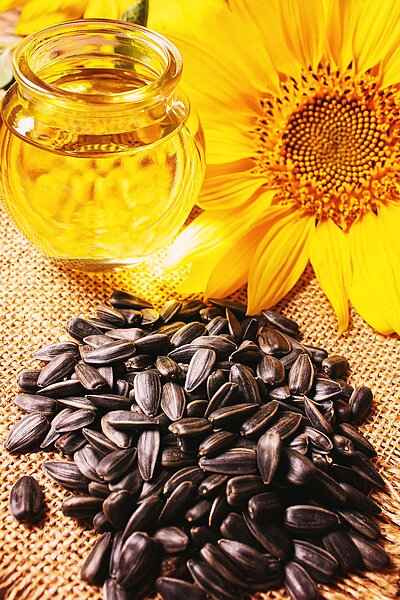Oleic acid

The benefits of oleic acid for dogs
Oleic acid has several positive effects on your dog's health. Firstly, it can reduce the risk of cardiovascular disease by regulating cholesterol levels and dilating blood vessels. Secondly, it can promote skin and coat health by reducing inflammation and moisturizing. Oleic acid can also strengthen the immune system and protect the brain.
The disadvantages of oleic acid for dogs
Oleic acid is healthy, but not in excessive amounts. If your dog consumes too much oleic acid, this can lead to digestive problems, diarrhea or vomiting. In addition, an overdose of oleic acid can impair liver function and disrupt blood clotting. You should therefore make sure that your dog does not eat too much oleic acid.
How can you include oleic acid in your dog's diet?
Oleic acid is contained in many foods that you can give your dog. These include olive oil, rapeseed oil, sunflower oil, almond oil, avocado, nuts and seeds. You can use these ingredients as a supplement to your dog's food or offer them as a treat between meals. However, make sure that you only use high-quality oils and that they are not heated or processed. You should also adjust the amount of oleic acid to your dog's weight and activity level.
Oleic acid is a useful ingredient in your dog's diet that has many health benefits. However, you should not give it in too large quantities to avoid side effects.
Properties 3
Are you looking for other ingredients with a specific property?
Just click on them to find more.
If you notice any signs of hypersensitivity or poisoning in your dog, you should see your vet immediately. We are not a substitute for a vet, but we try to be as accurate as possible. Every dog reacts differently and we recommend you get a second opinion or consult your vet if in doubt.
Stay healthy and take good care of your four-legged friend!😊